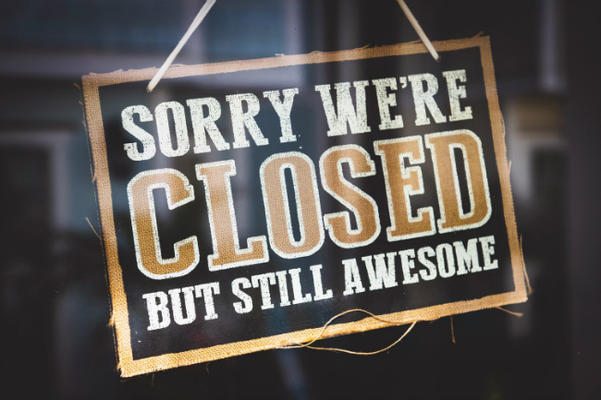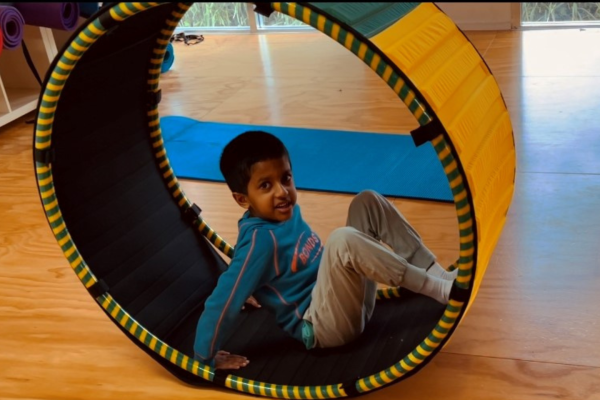
Boundaries and blessings: creating space for your family's needs
A boundary is a line which marks the limits of an area, a dividing line. Yet this blog post is not about literal boundaries, as in actual lines in the sand, instead it’s about personal boundaries for parents raising children with additional needs.
Brène Brown, a research professor who has spent the past two decades studying courage, vulnerability, shame and empathy, discovered that the most compassionate people that she had interviewed, were also the most boundaried.
Over time, her work on boundaries has taught her to be more loving and generous and very straight forward with what’s okay and not okay. Brown uses the acronym B.I.G as a question to help her create positive boundaries in her life: “What boundaries need to be in place, for me to stay in my integrity and make the most generous assumptions about you?”
She believes that generosity can’t exist without boundaries. Yet the problem is most of us are uncomfortable about setting boundaries, because we care more about what people will think, and we don’t want to disappoint anyone. Yet for parents raising children with additional needs, it’s a beneficial tool that help us moving forward.
When our lives have been impacted by a child diagnosis, we not only have to make huge changes to adapt to this new life journey, we also need to change the way we engage with life and the world around us. Worrying about what others ‘think’ is not as important than staying true to you and your family’s needs. Outside expectations, trying to please everyone and constantly saying yes when you know it will extend you and your family; no one will truly understand what it’s like unless they are walking in your shoes.
You know what I mean right, the unhelpful comment or expectation that comes your way when you’ve spent days in the hospital, or you’ve been up all night.
It’s not about going into lock down and stopping the flow of your life, far from it, actually. It’s about being clear with your boundaries so you have more time and energy for the things and people that you love. The more we learn about boundaries, the more we can see the inherent value in them. Let’s face it, life changes dramatically when a child’s diagnosis hits a family. In many cases, it’s literally impossible to keep living in the same way that you were before the diagnosis arrived.
Time has a very different priority for you now, perhaps it’s researching your child’s conditions, attending hospitals, therapy appointments, and all the other extra needs your beautiful child requires.
The dearest of friends and closest of family members will evolve alongside you and honour your need to set boundaries on your available time or whatever it is that you need to choose, in order for your family to thrive despite the challenges.
Brown considers boundaries to be the key to self-love and treating others with loving kindness and I’d have to agree with her.
Since our family’s life changed dramatically after our youngest daughter was diagnosed with a life-threatening condition and as a result she is unable to walk or talk, we’ve had to make radical changes in order for us to meet the radical demands of our life situation. Our child requires a lot of physical care and this can extend well into the night and early hours. Not to mention dressing, feeding, lifting, and it’s non-stop.
Second to that, she is at high risk of a host of serious medical complications, so keeping her healthy and out of hospital, is a massive job in and of itself. Then we need to help her reach her full potential, through ongoing therapies.
Did I mention the need to care for that which is not visible to the eye – our emotional health and wellbeing in dealing a challenging situation for the soul? T
here are incredible blessings to be found in creating boundaries, and like Brown mentions, they are the key to self-love and also treating others with loving kindness.
What more do we need, as we travel through this special needs journey!








